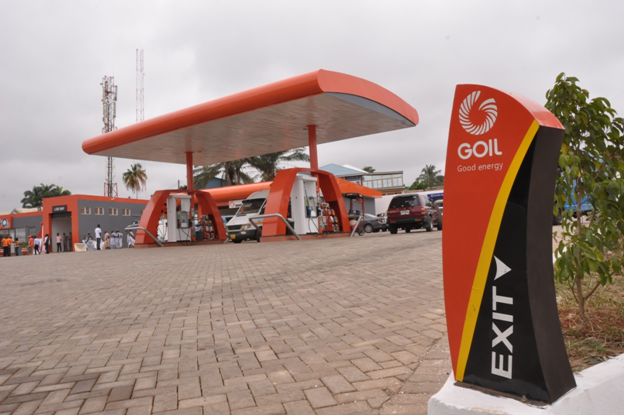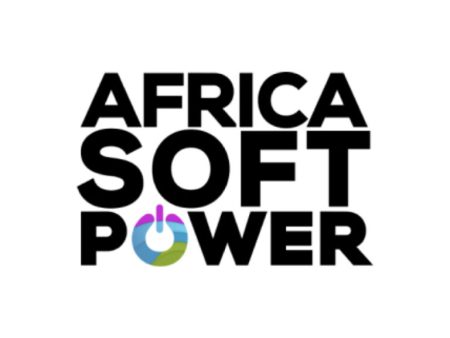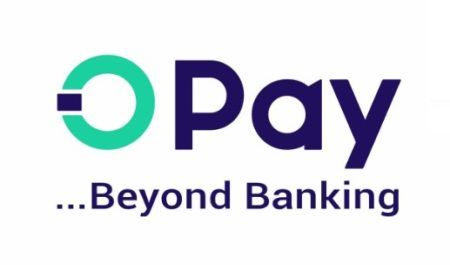Ghana’s state-owned oil company, Goil, has implemented a second round of fuel price reductions within a week, offering consumers a brief respite from rising costs. Effective June 9th, 2025, the price of Super XP petrol decreased from GHS12.52 to GHS12.38 per litre, while diesel dipped from GHS12.98 to GHS12.88 per litre. This latest adjustment follows a similar reduction the previous week, where petrol prices fell from GHS13.27 to GHS12.52 and diesel from GHS13.87 to GHS12.98. Goil attributes these price drops to the recent appreciation of the Ghanaian cedi against major international currencies, suggesting a strengthening local economy and improved purchasing power for imported fuel. This positive development provides temporary relief for consumers burdened by the fluctuating fuel costs that often impact various sectors of the economy.
While the recent fuel price reductions offer a welcome reprieve, consumers face an impending increase in levies on petroleum products starting June 16th, 2025. Under the revised Energy Sector Levies Act, 2025 (Act 1141), the Ghana Revenue Authority (GRA) has announced significant increases in levies on various petroleum products. Super Petrol (Motor Spirit) will see its levy double from GHS0.95 to GHS1.95 per litre. Diesel (AGO) and foreign-sourced Marine Gas Oil will also experience a similar doubling, increasing from GHS0.93 to GHS1.93 per litre. Locally sourced Marine Gas Oil will witness a substantial jump from GHS0.03 to GHS0.23 per litre. Heavy Fuel Oil (Residual Fuel Oil) will increase from GHS0.04 to GHS0.24 per litre, while Partially Refined Oil (Naphtha) will mirror Super Petrol’s increase, rising from GHS0.95 to GHS1.95 per litre. The levy on Liquefied Petroleum Gas (LPG) remains unchanged at GHS0.73 per litre.
These increased levies will effectively offset the recent price reductions implemented by Goil, potentially negating the positive impact on consumers’ wallets. While the short-term benefit of lower fuel prices is welcomed, the impending levy hikes pose a looming financial burden for individuals and businesses reliant on petroleum products. The government’s rationale behind these increased levies is likely tied to revenue generation for infrastructure development and other governmental expenditures. However, the timing of these increases so closely following the price reductions raises questions about the overall impact on the cost of living for Ghanaians.
The implementation of these new levies is accompanied by a set of transitional arrangements to facilitate a smooth transition. Petroleum products lifted by Petroleum Product Marketing Companies (PPMCs) before the June 9th cutoff date will be subject to the old levy rates. This provision aims to prevent undue financial burden on PPMCs that have already purchased fuel stocks at the previous rates. However, any “cash-and-carry” transactions by PPMCs involving products lifted on or after June 1st, 2025, will be subject to the new, higher levies. This distinction is designed to ensure that the new levies are applied consistently to all transactions occurring after the effective implementation date.
The implications of these competing forces – decreased fuel prices and increased levies – create a complex scenario for Ghanaian consumers. While the immediate reduction in pump prices offers a short-term benefit, the impending levy increases threaten to overshadow these gains. The net effect on consumers’ expenses remains uncertain, depending on the interplay between the magnitude of the price decreases and the increased levies. Furthermore, the long-term impact on the Ghanaian economy remains to be seen, as fluctuating fuel prices and increased levies can influence transportation costs, inflation, and overall economic activity.
In summary, the Ghanaian fuel market is experiencing a period of dynamic change, characterized by both price reductions and levy increases. The recent reductions implemented by Goil, driven by the appreciating cedi, provide a temporary respite for consumers. However, the impending increases in petroleum levies under the revised Energy Sector Levies Act are poised to offset these gains, creating a complex and uncertain outlook for fuel prices and their impact on the Ghanaian economy. The transitional arrangements put in place by the GRA aim to smooth the implementation of the new levies, but the overall impact on consumers and the broader economy remains a subject of ongoing observation and analysis.














